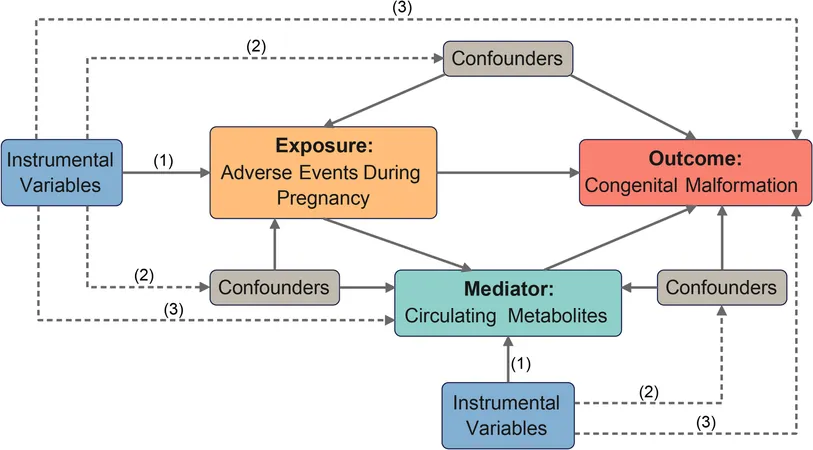
Elderly Choking Deaths on the Rise: Can New Devices Save Lives?
2025-07-14
Author: Jacques
In a chilling incident in Rhode Island, 88-year-old David Palumbo witnessed the harrowing reality of choking when a fellow diner lost consciousness, risking his life over a piece of bread lodged in his throat. Palumbo, a fire captain, saved him using a specialized tool known as Magill forceps. Thankfully, the man survived, but choking remains a grave concern for the elderly.
Choking causes over 4,100 deaths annually among Americans aged 65 and older, making it the most deadly hazard for this age group. With more elderly individuals in the population, this number is tragically on the rise.
In response, companies are marketing various emergency devices designed to prevent choking, such as LifeVac, SaveLix, VitalVac, and Dechoker. However, medical experts like Dr. Nathan Charlton from the University of Virginia caution that there's limited evidence supporting the effectiveness of these products. The American Red Cross is still evaluating their viability.
Understanding the Choking Danger for Seniors
Choking happens when an object blocks the windpipe, cutting off oxygen. Signs include clutching the neck and inability to speak. Within four minutes, brain damage can begin, and death can follow swiftly.
Preventing Choking: The Best Practices
To reduce choking risks, seniors should cut food into small pieces, chew slowly, stay hydrated during meals, and avoid talking or laughing while eating. In emergencies, back blows and the Heimlich maneuver are recommended.
Using New Anti-Choking Devices
Anti-choking devices typically consist of a mask attached to a tube and are priced between $30 and $100. Users place the mask over their mouth, push down a handle, and pull up to create suction, potentially removing the obstruction. However, some reports show that these devices may cause injuries, and the FDA has not officially approved any over-the-counter models.
Need for Further Research and Real-World Evidence
Despite claims from manufacturers that their devices have saved lives, more rigorous research is needed. Initial evidence from small studies suggests that traditional methods like back blows may still be more effective.
As choking incidents rise among the elderly, the importance of understanding effective prevention and intervention methods has never been more critical. With ongoing debates around new technologies, families and caregivers must remain vigilant and informed.









 Brasil (PT)
Brasil (PT)
 Canada (EN)
Canada (EN)
 Chile (ES)
Chile (ES)
 Česko (CS)
Česko (CS)
 대한민국 (KO)
대한민국 (KO)
 España (ES)
España (ES)
 France (FR)
France (FR)
 Hong Kong (EN)
Hong Kong (EN)
 Italia (IT)
Italia (IT)
 日本 (JA)
日本 (JA)
 Magyarország (HU)
Magyarország (HU)
 Norge (NO)
Norge (NO)
 Polska (PL)
Polska (PL)
 Schweiz (DE)
Schweiz (DE)
 Singapore (EN)
Singapore (EN)
 Sverige (SV)
Sverige (SV)
 Suomi (FI)
Suomi (FI)
 Türkiye (TR)
Türkiye (TR)
 الإمارات العربية المتحدة (AR)
الإمارات العربية المتحدة (AR)